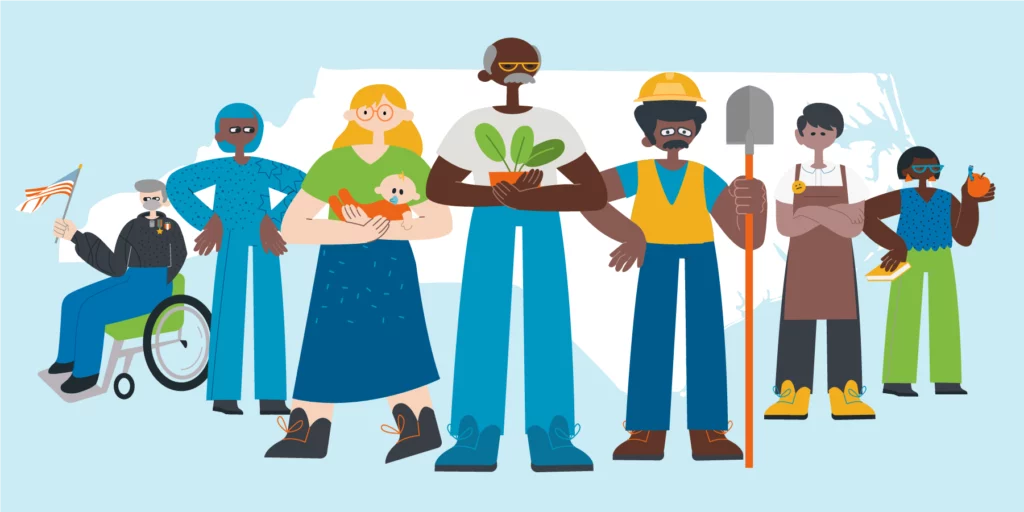
NC leaders still need to extend more aid, but inflation is easing as hiring remains strong
There are some encouraging signs for working North Carolinians in recent economic data. Inflation finally shows some signs of easing up even as North Carolina employers are still in the mood to hire.
For the first time since costs started shooting up last year, the annual rate of inflation in the South has now come down for four months in a row. After hitting a peak in June, the annual pace of inflation has fallen to just over 8 percent in the South, and overall prices in the South actually went down in October.
More good news came out about the employment picture across North Carolina. Employers had over 340,000 job openings in September and made over 198,000 hires. Both job openings and hires were close to the pace we saw in October of last year, a good sign that market pressures are still pushing companies to expand their workforces.
It’s also heartening that most communities in the state are seeing benefits from the strong labor market. Ninety-two of North Carolina’s 100 counties had more residents working last month than October of last year, and almost half of the counties have more people working than before COVID-19.
Even with all of these positive signs, our economy still isn’t working for everyone. Most working North Carolinians are still seeing their real buying power erode because their wages aren’t keeping up with the still high pace of inflation. It’s also still the case that job growth is concentrated in a few urban areas, with the Triangle and Charlotte accounting for three-quarters of the job growth since the start of COVID-19.
Both pocketbook pain and a lack of recovery in many smaller cities and rural communities are things leaders in Raleigh can do something about. With federal COVID-19 aid drying up, state leaders can step up to help people deal crushing costs like child care and housing, and expand investments to support communities that are still struggling to recover from the economic fallout of the pandemic.



